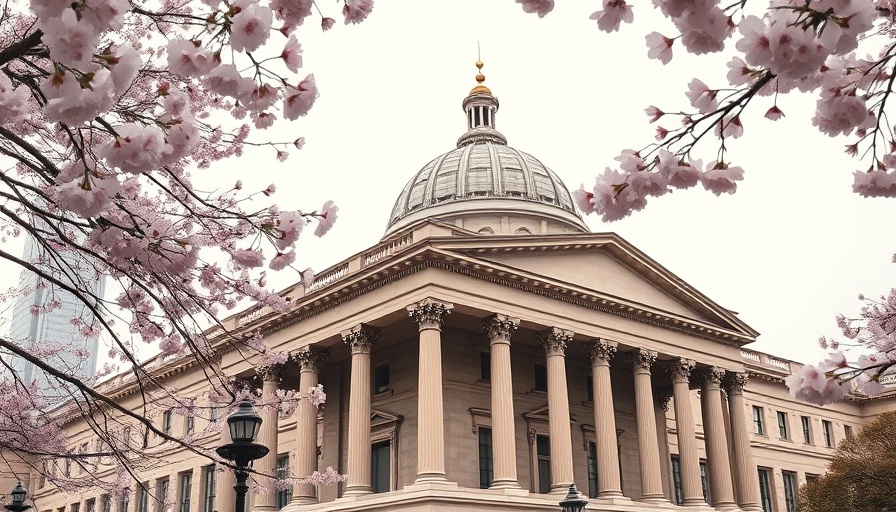
Washington’s $78 Billion Budget: What Does It Mean for Residents?
The Washington state legislative session has concluded, leaving behind a comprehensive budget of nearly $78 billion set to last for the next two years. This budget aims to address various state needs, including education, mental health services, and homelessness. However, it marks a significant moment for Washington residents as lawmakers tackled a hefty $15 billion anticipated budget shortfall over four years.
Balancing The Books: Challenges Ahead
Key to this budget was a mix of $4.3 billion in new taxes and various spending cuts. The approach was met with varying levels of agreement amongst lawmakers. While progressive Democrats pushed for increased taxes on the wealthy, Governor Bob Ferguson opted for a focused strategy of trimming expenses rather than expanding the tax base substantially. This decision reflects a delicate dance of politics where balancing the budget requires tough choices and negotiations.
Impact on Essential Services
This year’s budget cuts heavily impacted crucial departments. The Department of Behavioral Health, for instance, faced significant reductions, along with the Department of Children, Youth and Families. These cuts can lead to increased challenges for services that are already stretched thin, raising concerns about how vulnerable populations will be supported moving forward. Residents in need of these essential services may find themselves facing a more difficult landscape as they navigate support systems that are becoming increasingly strained.
A Broader Community Implication
The consequences of this budget will ripple through communities, particularly for those relying on health care and educational resources. For many in the Seattle area, especially families with children, these budgetary decisions directly affect their daily lives. The potential for increased out-of-pocket costs for health services and educational resources may lead families to alter their financial plans and priorities.
Looking Ahead: Navigating Future Challenges
As Washington proceeds with its new budget, it can serve as a learning opportunity for residents and lawmakers alike, revealing the complex interplay of finances, community welfare, and political decisions. Moving forward, citizens are encouraged to engage with their local representatives. This engagement can help ensure that the state government listens to the needs of its residents, particularly as budget discussions arise in the future.
Why This Matters to You
Understanding how governmental financial decisions can impact everyday lives is crucial for residents. Being aware of budget allocations prepares citizens to advocate for critical programs and services. Residents should stay informed about how these changes may affect their local communities and support initiatives that align with their priorities. Participating in community discussions and local elections can also help ensure that their voices are heard.
In light of these developments and challenges, it's vital for Seattle residents to follow the legislative activities that shape their everyday experiences. Stay engaged, share your concerns, and take part in discussions that affect your future. Your voice matters in this ongoing dialogue about Washington's fiscal responsibility and community welfare.
 Add Row
Add Row  Add
Add 




Write A Comment